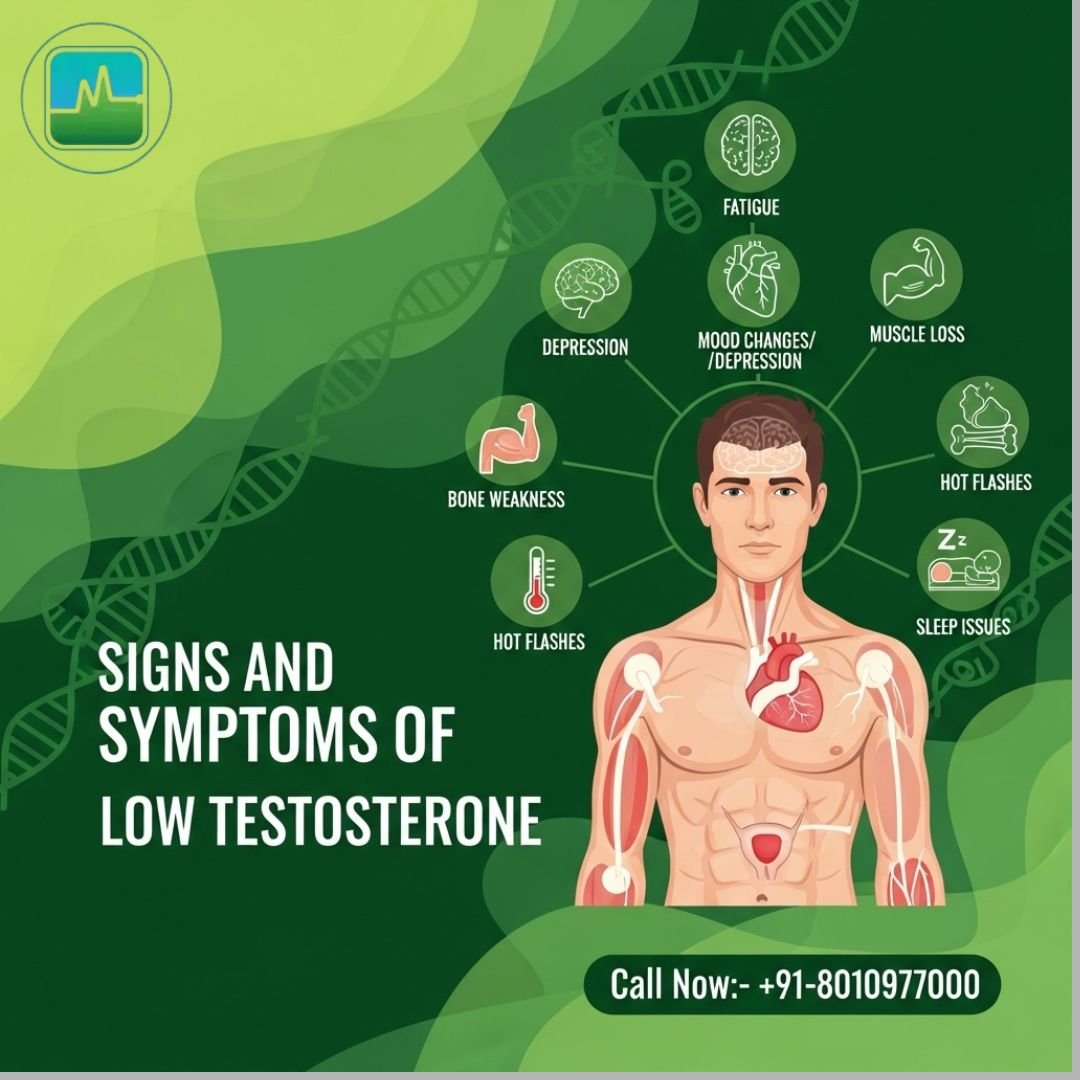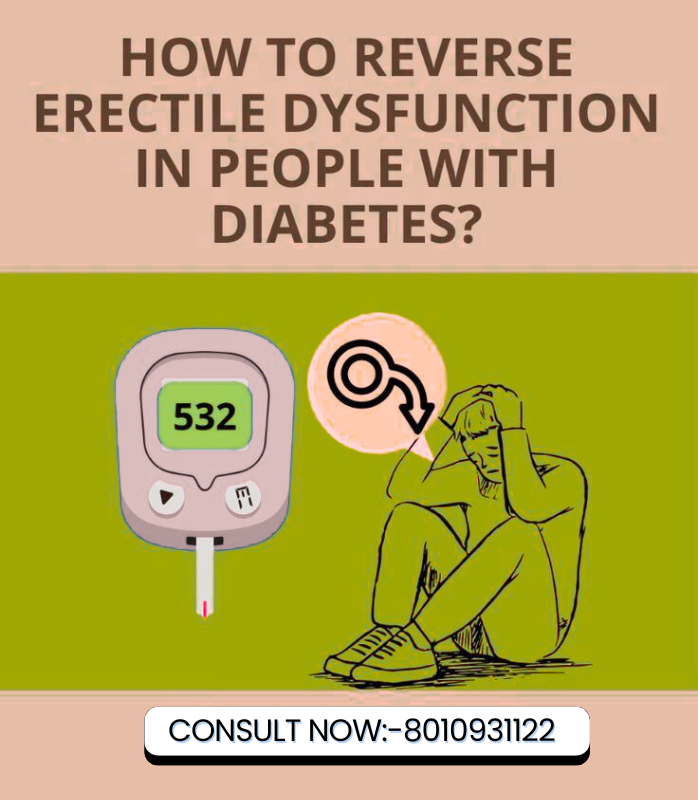What Is Adrenaline?
Adrenaline, also known as epphrine, is a hormone produced by the adrenal glands. It plays a crucial role in the body’s “fight or flight” response, helping to prepare the body for stressful situations. When faced with perceived threats, adrenaline is released into the bloodstream, leading to various physiological changes such as increased heart rate, heightened blood pressure, and increased energy supplies. While this response can be beneficial in acute situations, prolonged high levels of adrenaline can contribute to health issues, including erectile dysfunction (ED).
The Role of Adrenaline in Erectile Function
Relaxation of Blood Vessels:
For an erection to occur, the blood vessels in the penis need to relax and widen, allowing increased blood flow. This is primarily facilitated by nitric oxide, which leads to the relaxation of smooth muscles in the penile arteries. However, when adrenaline levels are elevated due to stress or anxiety, the body experiences vasoconstriction, where blood vessels narrow. This narrowing can hinder proper blood flow, making it difficult to achieve or maintain an erection.
Adrenaline’s Role:
Adrenaline also affects the nervous system, particularly the sympathetic nervous system, which can increase anxiety and tension during sexual activity. The impact of adrenaline on sexual function is often overlooked, yet it is a critical factor that can significantly impede sexual performance.
Key Research on Adrenaline and Erectile Dysfunction
Stress and Erectile Function:
Numerous studies have established a link between stress levels and erectile dysfunction. Chronic stress leads to consistent high levels of adrenaline, which has been shown to diminish erectile function. According to a 2015 study, men experiencing high stress reported a greater incidence of ED compared to their less-stressed peers.
Performance Anxiety:
In the context of sexual performance, anxiety can be particularly detrimental. The anticipation of sexual activity may trigger adrenaline release, creating a cycle of anxiety and stress that further exacerbates erectile dysfunction. This performance anxiety can lead to a fear of failure, creating a feedback loop where the fear of ED leads to even more anxiety.
Adrenal Fatigue and ED:
Adrenal fatigue is a term often used to describe a state of chronic stress leading to fatigue in the adrenal glands. Some researchers argue that prolonged stress can lead to decreased production of critical hormones, impacting sexual health. While not formally acknowledged in medical texts, this concept resonates with many individuals experiencing symptoms of ED in the context of chronic stress states.
Psychological Stress, Adrenaline, and ED
Psychological factors play a significant role in erectile dysfunction. When an individual is under stress, the resulting adrenaline can lead to increased anxiety and worry about sexual performance. This psychological stress can become a barrier to intimacy, creating a cycle where the mere thought of sexual activity heightens anxiety, further exacerbating erectile dysfunction.
Breaking the Cycle: How to Reduce Adrenaline Levels for Better Sexual Health
Mindfulness Meditation:
Practicing mindfulness meditation can help manage stress and reduce adrenaline levels. By focusing on the present moment and promoting relaxation, individuals can cultivate a calmer mind, enhancing their overall sexual health.
Exercise:
Regular physical activity is another effective way to lower adrenaline levels. Exercise helps to improve circulation, reduce stress hormones, and enhances mood through the release of endorphins. Activities like walking, jogging, or yoga can be particularly beneficial.
Cognitive Behavioral Therapy (CBT):
Cognitive Behavioral Therapy can assist individuals in addressing performance anxiety and reducing stress-related thoughts. By working with a therapist, individuals can learn strategies to manage anxiety and reframe negative thoughts that contribute to erectile dysfunction.
Sleep:
Getting adequate sleep is crucial for overall health and hormonal balance. Poor sleep can increase stress levels and impact the body’s ability to manage adrenaline effectively. Creating a healthy sleep environment and establishing a bedtime routine can help improve sleep quality.
Conclusion
Understanding the connection between adrenaline and erectile dysfunction is essential for addressing sexual health concerns. Through stress management techniques, individuals can break the cycle of anxiety and enhance their sexual well-being. As with any health-related issue, seeking professional advice is crucial for developing an effective strategy tailored to one’s specific needs.
FAQs
High adrenaline levels are typically associated with temporary erectile dysfunction due to stress and anxiety. However, if these elevated levels persist over time, they can contribute to chronic health issues that may ultimately affect erectile function.
Certain medications targeting anxiety and stress, such as beta-blockers or anti-anxiety medications, may help in reducing adrenaline levels. However, it’s important to consult with a healthcare provider to determine the most appropriate treatment plan.











Leave a Reply